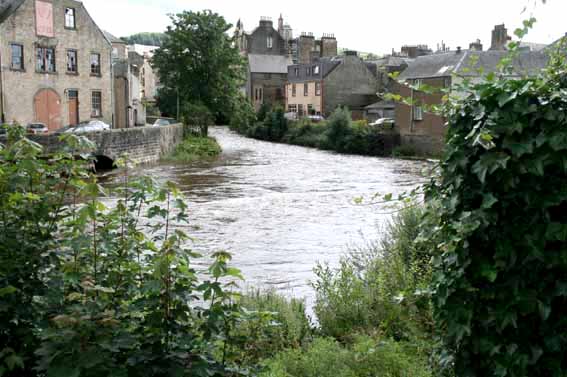Blood feuds, ruthless vendettas, protection rackets, cattle rustling…and no we are not talking about the mafia or the Wild West.
Welcome to the badlands of the Northumberland and Scottish Borders where the legendary Border Reivers brand of lawlessness held sway for almost 300 years.
These were the men who bequeathed bereavement and blackmail to the English language, whose power was built around family allegiances and whose brand of doing business asked for no quarter – and rarely received it.
Reiving – or stealing – was pursued enthusiastically as a means of stocking up the larder for the winter months and raids south to England or north into Scotland followed old drover trails and ancient tracks that criss-cross the wild border uplands.
Mounted on sure-footed horses bred for stamina, they perfected smash and grab tactics perfected during Scotland’s wars of independence in the 1200 and 1300s.
Famous Scottish reiver family names include Maxwell, Johnstone, Scott, Kerr, Hume, Pringle, Douglas, Armstrong, Turnbull, Elliot…and on the English side Musgrave, Charlton and Dodd.
They were resident in Marches (West, East and Middle) on either side of the border, not surprisingly dubbed the Debateable Lands.
The power of the reivers reached its peak in 1580 and over the next 20 years until the death of Elizabeth 1, recorded its most savage period.
James Vl of Scotland united the two kingdoms on the death of Elizabeth and vowed to break the power of the reivers. Soon after taking the throne in London he mounted a concerted campaign to destroy the reivers and stamp his own authority across the borderlands.
What he failed to do was eradicate the tales that became folklore and gave the Border Reivers legendary status that survives to this day.
The reivers legacy and their strongholds are still very much alive in the Borders and their descendants, now happily engaged in more peaceful pursuits, are still very much part of Borders life.
